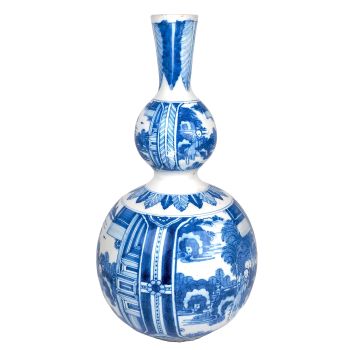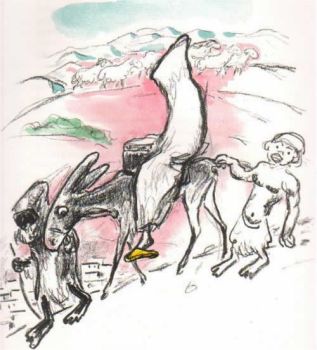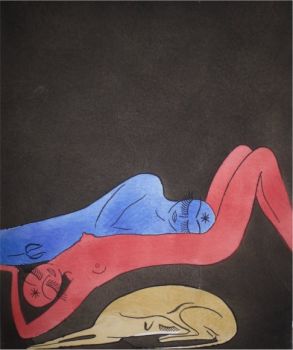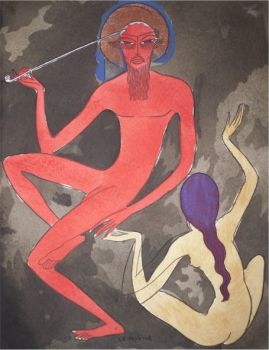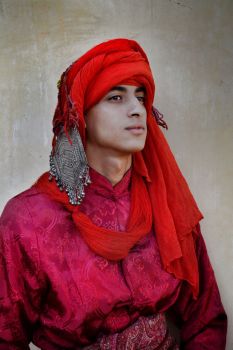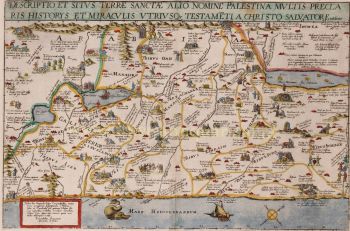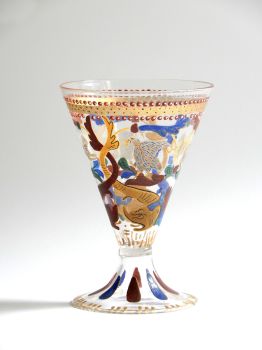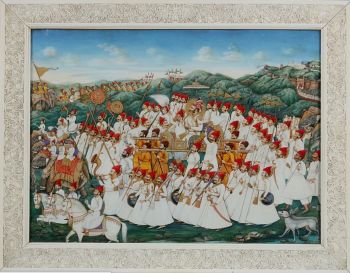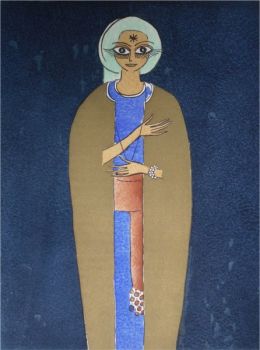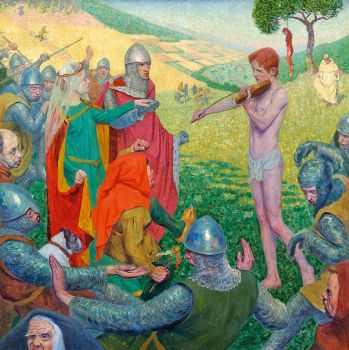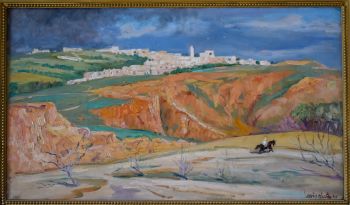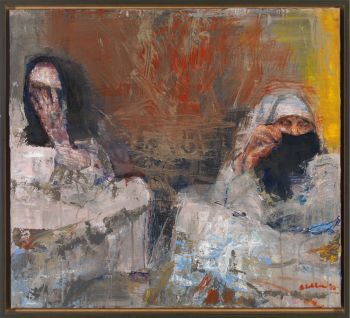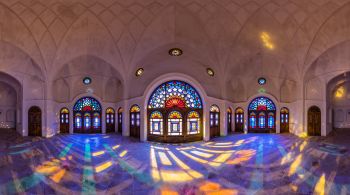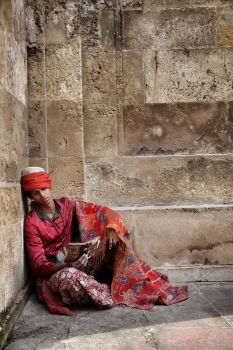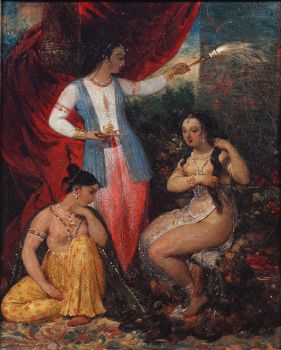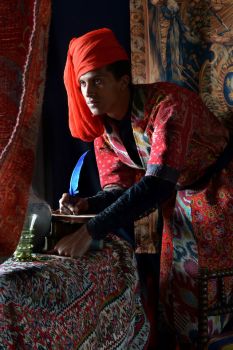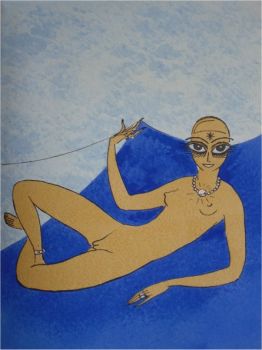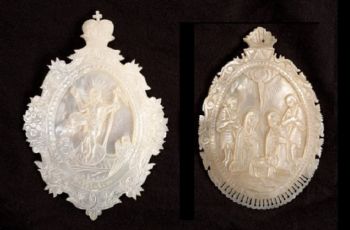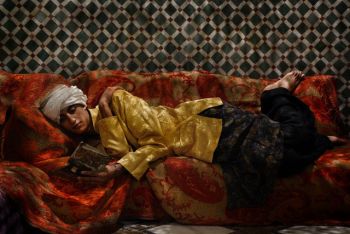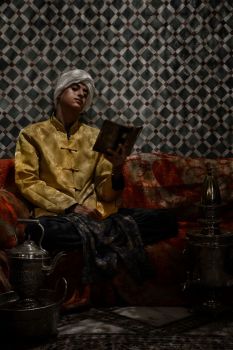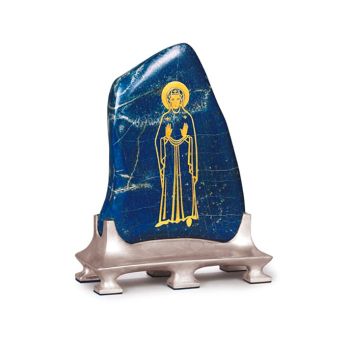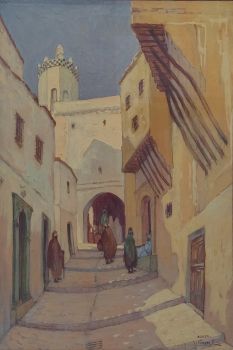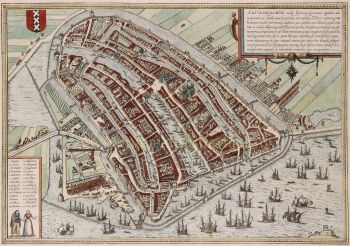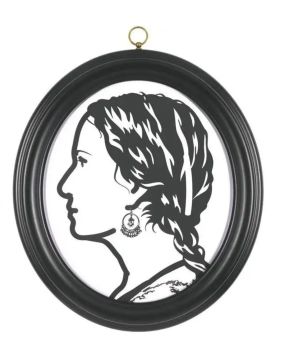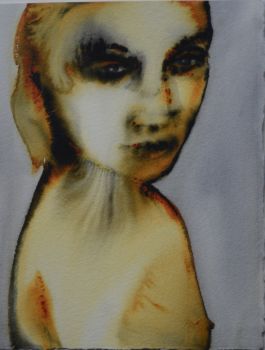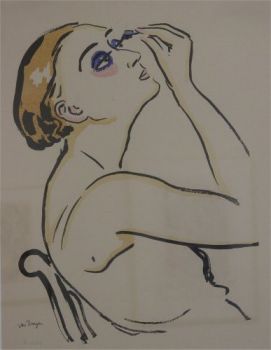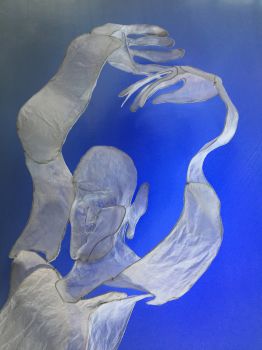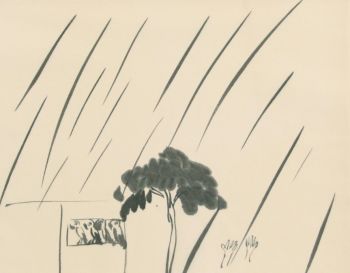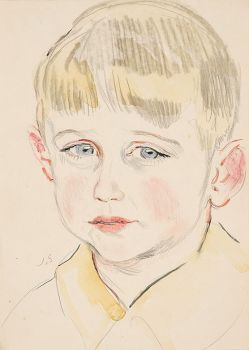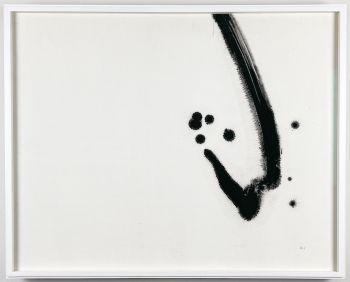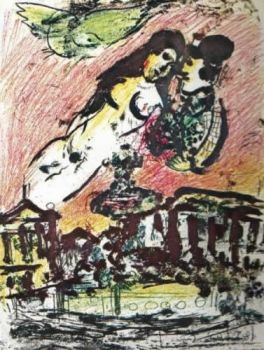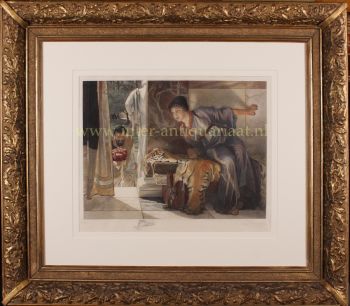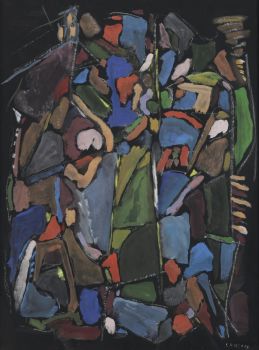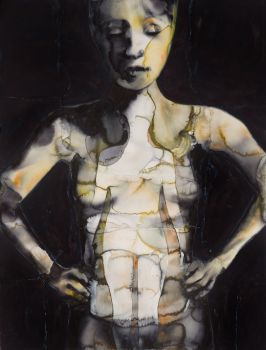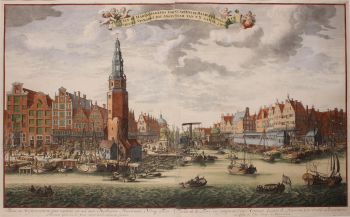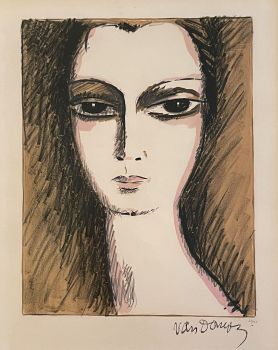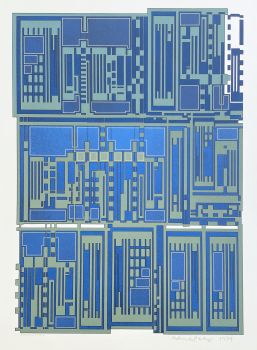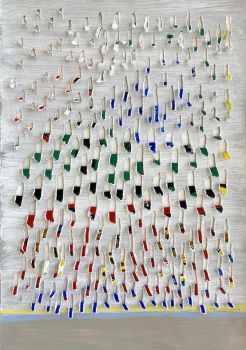Pococke's celebrated edition of Abu'l-Faraj's Islamic history "It is his greatest work, and of perma 1806
Edward Pococke
TintaPapel
Actualmente no disponible a través de Gallerease
- Sobre la obra de arteSpecimen historiae arabum; ... Accessit historia veterum Arabum ex Abu'l Feda: cura Antonii I. Sylvestre De Sacy. Edidit Josephus White, ...
Oxford, Clarendon Press [= Oxford University Press], 1806.
4to. Title-page with engraved view of the Clarendon Building, aquatint author's portrait and 1 full-page etched plate. Contemporary boards.
Second edition of Pococke's elaborate Specimen historiae Arabum, an excerpt from Abu'l-Faraj's Islamic history, in Arabic and Latin. The excerpt is "accompanied by a lengthy commentary (printed first in 1648) illuminating Islamic history, geography, mythology, religion, and literature from a wealth of sources, mostly unpublished and previously unknown in Europe. It represents a revolution in Arabic studies, being Pococke's attempt to show that far from being a mere ancillary to biblical exegesis, Arabic literature (in the widest sense) was worthy of study in its own right in the same way that classical cultures were. It is his greatest work, and of permanent scholarly value" (Toomer). Abu'l-Faraj's account is followed by unpublished fragments, in Arabic, of Abu'l-Fida's account of pre-Islamic Arabia, edited by Sylvestre de Sacy.
From the library of the Ducs de Luynes, with their bookplate on pastedown. Foxed, leaf Y4 with tear, otherwise in very good condition and wholly untrimmed.
Schnurrer 169; for Pococke: Toomer, "Pococke, Edward (1604-1691)", in: ODNB (online ed). - Sobre el artistaEdward Pocock, el orientalista, nació en 1604 en Oxford, en una casa cerca de Angel Inn, en la parroquia de St. Peter-in-the-East, y allí se bautizó el 8 de noviembre de 1604. Su padre, Edward Pocock Senior, matriculado (como 'pleb. fil.' de Hampshire) en Magdalen College en 1585, fue demócrata de 1585 a 1591, obtuvo una beca de 1591 a 1604, procedió a BA 1588, MA 1592 y luego a BD 1602. Un año después, fue nombrado Vicario de Chieveley en Berkshire, donde la familia había vivido durante al menos cien años. Con su esposa, Grace, la hermana de Henry Greatham, Edward Senior crió a seis hijos y dos hijas. Otras dos hijas murieron muy jóvenes. Aunque pensaba que el Islam era una fe falsa, también quería desacreditar la burda polémica, las invenciones y el folklore que tergiversaban el Islam y Mahoma. Ayudó a ser pionero en el uso de fuentes primarias y en el trabajo de campo en contextos musulmanes. Su defensa de la filosofía musulmana como un tema digno de estudio le impidió reducir el Islam a aspectos legalistas, a pesar de que no estaba interesado en el Islam como una fe viva. Tiende a acercarse al Islam como lo hizo con los textos antiguos, como de interés histórico más que contemporáneo. Tenía relativamente pocos estudiantes y, dado que escribió en latín, su enfoque no tuvo impacto en el público en general. Sin embargo, estableció estándares para el estudio académico del Islam que hicieron mucho para corregir errores del pasado, para hacer inaceptables la calumnia y la invención. Hizo una contribución significativa al conocimiento de la historia del Islam en Occidente. Pococke se contará entre los padres fundadores de los estudios árabes e islámicos en la academia occidental, junto con los hombres que primero ocuparon las cátedras fundadas en Cambridge (1633), París (1535) y Leiden (1613).
Artwork details
Categoría
Tema
Material y Técnica
Related artworks
Tilmanus Nicolaus Maastricht
Missale Romanum con monturas de plata holandesas1788 - 1792
Precio a consultarJacob J. Roosjen SRI
Antonie Derkinderen
Memory book Exhibition of Dutch Painting1892
Precio a consultarKunsthandel Pygmalion
Engelbert Kaempfer
LIBRO DE ENGELBERT KAEMPFER1651 - 1716
Precio a consultarZebregs & Röell - Fine Art - Antiques
Tilmanus Nicolaus Maastricht
Missale Romanum con monturas de plata holandesas1788 - 1792
Precio a consultarJacob J. Roosjen SRI
Antonie Derkinderen
Memory book Exhibition of Dutch Painting1892
Precio a consultarKunsthandel Pygmalion
Engelbert Kaempfer
LIBRO DE ENGELBERT KAEMPFER1651 - 1716
Precio a consultarZebregs & Röell - Fine Art - Antiques
Yoko Ono
YOKO ONO: "ARISING" SIGNED BOOK PLUS SMALL ARTWORK 2010 - 2014
Precio a consultarGallerease Selected
LAWRENCE WEINER
"SKIMMING THE WATER [MENAGE A QUATRE]" Signed book plus small artwork2010 - 2014
Precio a consultarGallerease Selected
1 - 4 / 22Artista Desconocido
IMPORTANTE Y RARO PINTURA INDIA DE ESTILO DE COMPAÑÍA EN MARFIL QUE REPRESENTA UN DESFILE1850 - 1900
Precio a consultarZebregs & Röell - Fine Art - Antiques
 curada por
curada porDanny Bree
Elisabeth Treskow
Lapislázuli afgano con incrustaciones de oro sobre un soporte de plata1950 - 1960
Precio a consultarJacob J. Roosjen SRI
1 - 4 / 24André Lanskoy
Composition Abstraite (sur fond noir)20th century
Precio a consultarFrans Jacobs Fine Art
1 - 4 / 24

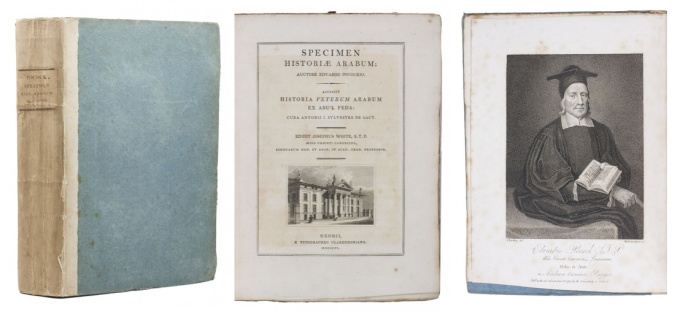





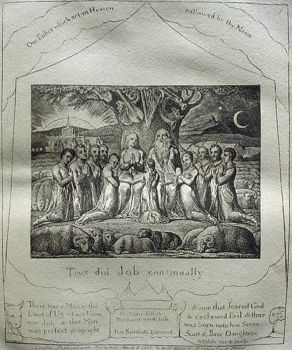
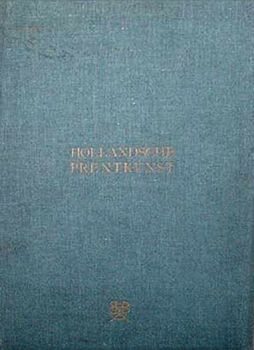
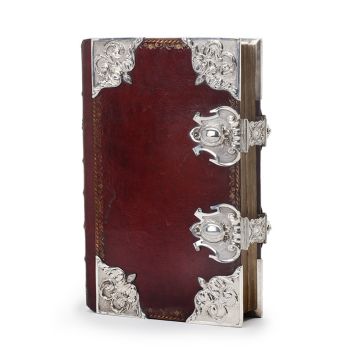
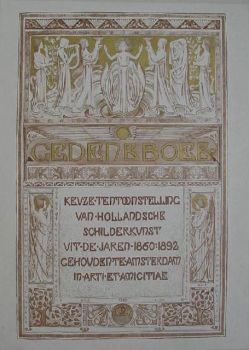
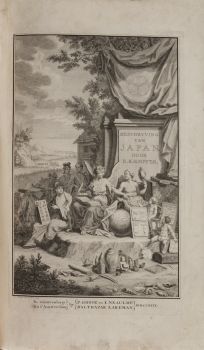

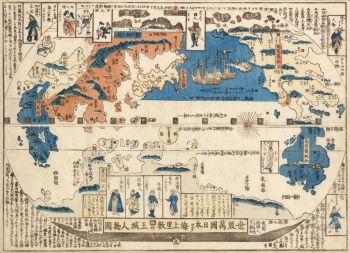
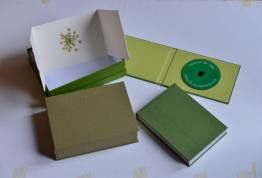
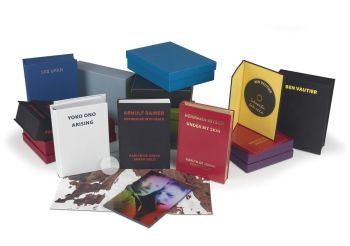
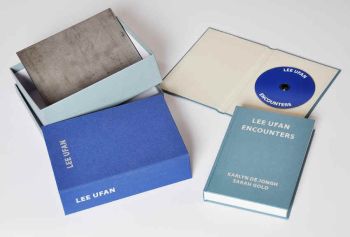
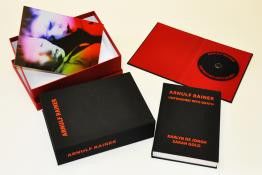
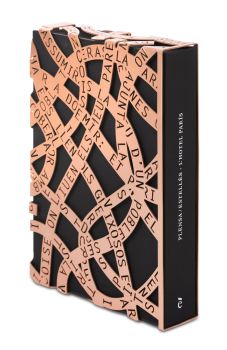
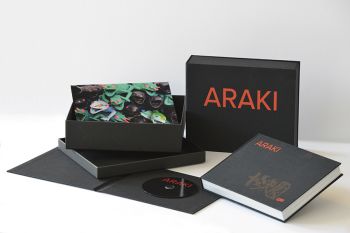

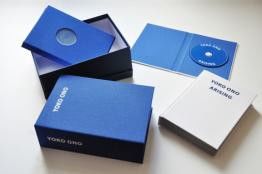
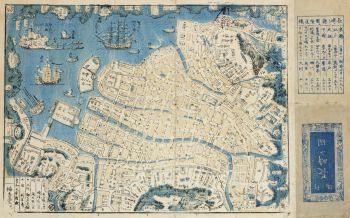
!["SKIMMING THE WATER [MENAGE A QUATRE]" Signed book plus small artwork by LAWRENCE WEINER](https://media-2.gallerease.com/images/442bfd5f-fc31-4e18-a2fa-ee0c08eade64/350x350/skimming-the-water-menage-a-quatre-signed-book-plus-small-artwork.jpg)
